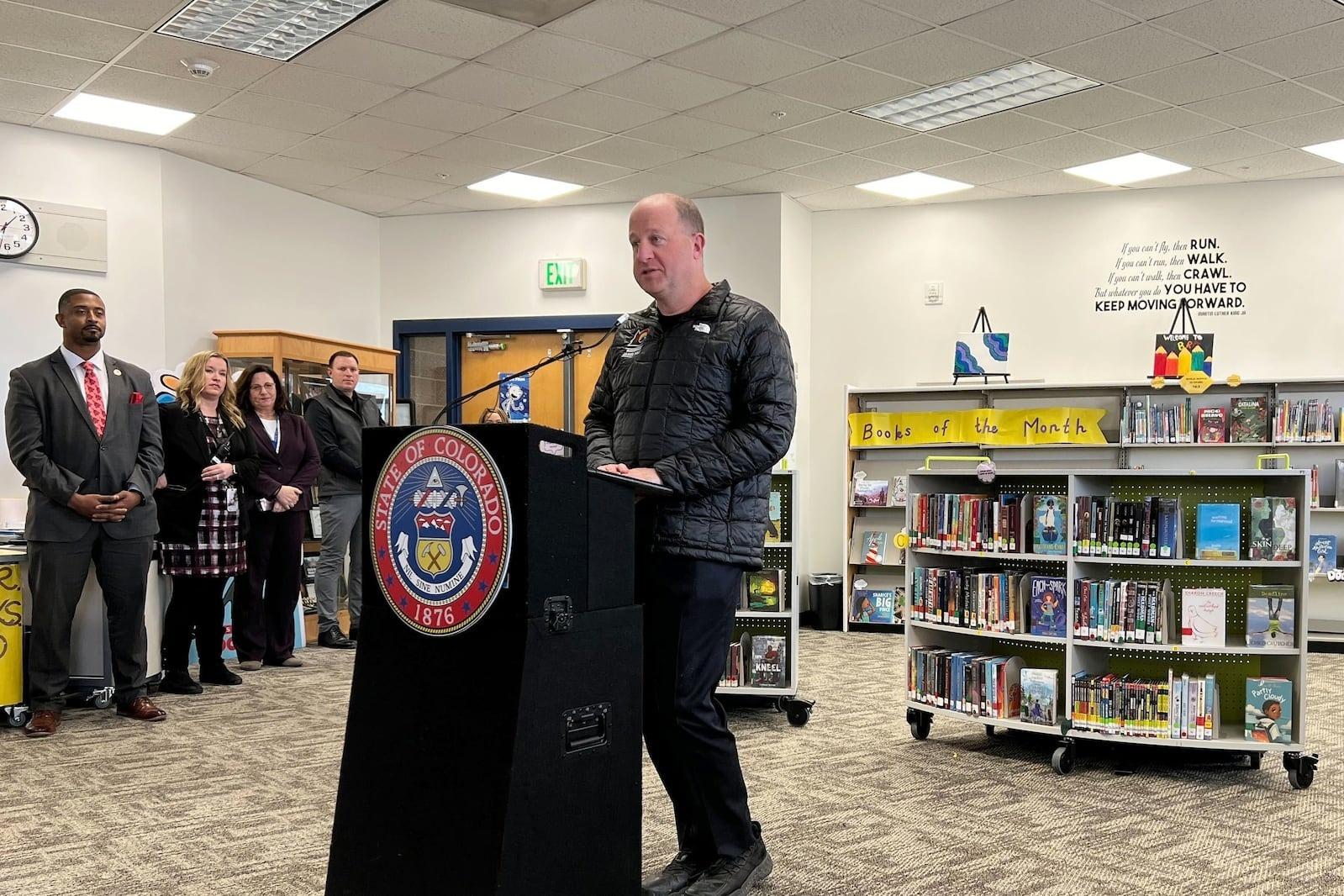
A rural electric cooperative in southwest Colorado has voted to partially shift away from its single energy provider so it can pursue locally produced renewable energy.
La Plata Electric in Durango has historically purchased all of its energy from Tri-State Generations and Transmission Association, Inc., the largest power supplier to rural utility companies in the Rocky Mountain West. Tri-State contracts typically stipulate that members can only generate 5 percent of their own power, keeping them from developing their own renewable energy projects.
In 2019, Tri-State’s 42 members voted for the energy provider to create a new type of contract to allow rural co-ops to get some of their power from other sources. La Plata Electric became the first to take advantage of the new agreement after the association’s board on Wednesday unanimously passed a resolution to negotiate and finalize a new partial contract with Tri-State.
La Plata Electric and Tri-State are working with the Federal Energy Regulatory Commission to determine how much the Colorado co-op will have to pay to partially exit its existing contract. If a settlement is signed, only half of La Plata Electric’s energy will continue to come from Tri-State.
La Plata Electric plans to get the other half of its energy needs from renewable sources. La Plata Electric is working on an agreement to buy power from Arizona-based Crossover Energy Partners, which is planning to build, own and manage new renewable power projects in Colorado and the four-corners region, said co-op CEO Jessica Matlock.
“It’s not just about buying power on the grid,” Matlock said. “It’s actually building infrastructure locally so that we can rely on power generation close to our population center.”
Matlock said making the switch would save the co-op $7 million a year and would result in an immediate 50 percent reduction in La Plata Electric’s carbon footprint. The association adopted a resolution in 2019 to cut its greenhouse gas emissions in half by 2030 without increasing costs to customers. Matlock said a partial contract with Tri-State would make that happen.
Matlock said the agreement was “historic” simply because a deal was reached.
“There are other fights across the United States with similar situations where it’s a large [Generation and transmission companies] like Tri-State and little co-ops trying to get more flexibility, and it seems like a fight where you pick one or the other,” Matlock said. “We’re pretty thankful that Tri-State agreed to find a middle of the road solution for us.”
La Plata Electric plans to start using renewable electricity by 2024.
While Tri-State is shifting to renewable energy sources due to state regulations and pressure from its members, the Westminster-based company has historically relied on coal-fired power plants for much of its electricity. The company recently reached a settlement with several parties on a plan to cut customers’ costs and reduce its carbon emissions by closing power plants and adding wind and solar projects to its system. Tri-State has set a goal to produce 50 percent of its electricity from clean energy by 2024 and 70 percent by 2030.
Tri-State CEO Duane Highley said other members are pursuing similar partial contracts, Highley said.
“They said they wanted more flexibility and we found a way for them to get it without causing any adverse impacts to the other members of the association,” Highley said.
Highley said Tri-State’s partial contracts could be a new model for other power and transmission co-ops as their members seek to add local, renewable energy to their energy portfolios with renewable sources.









